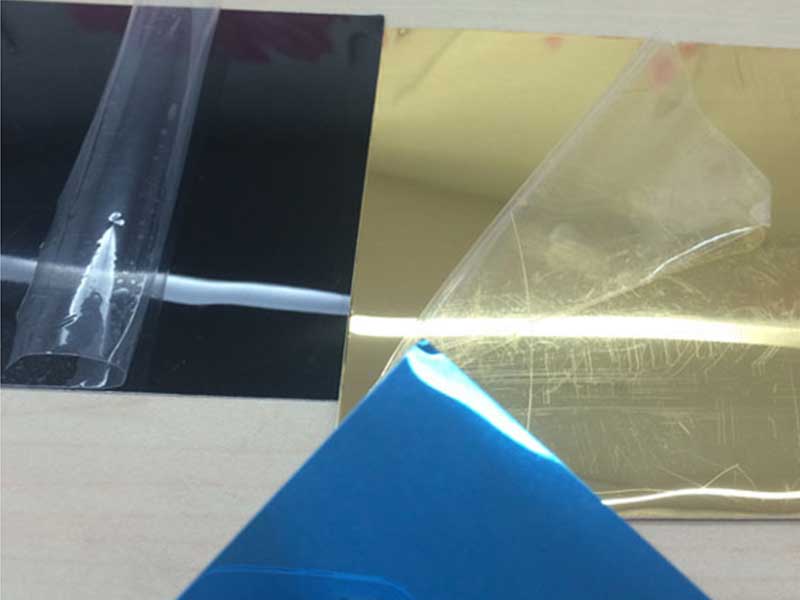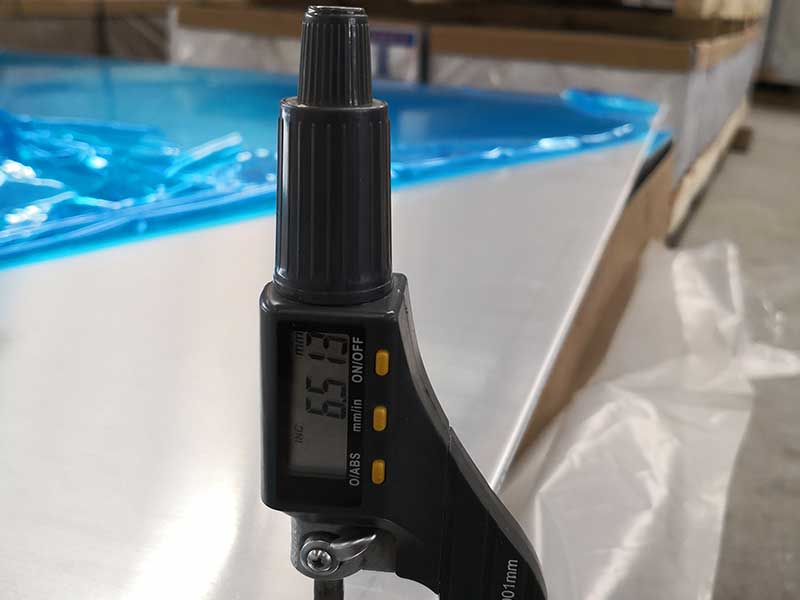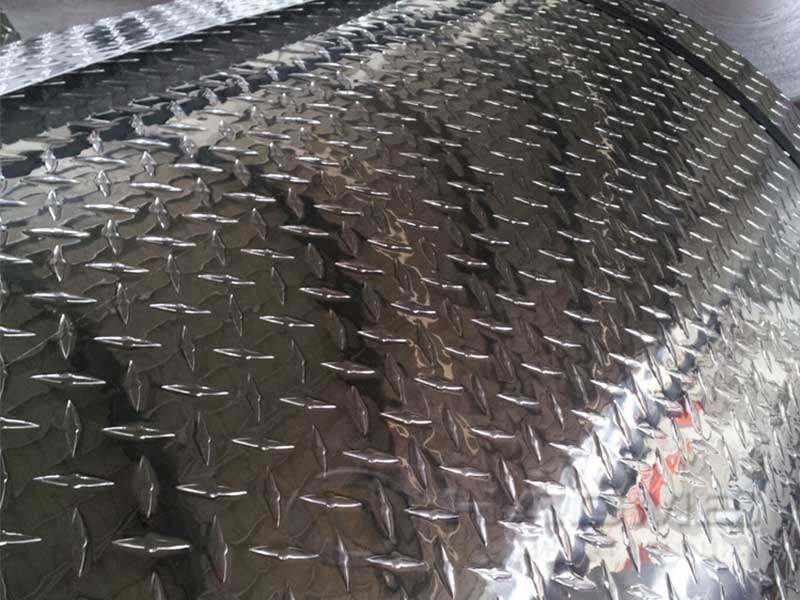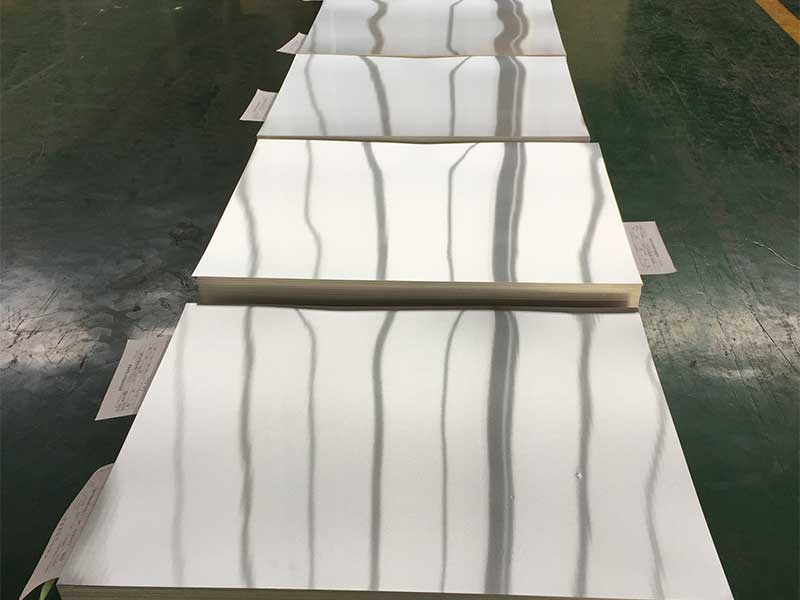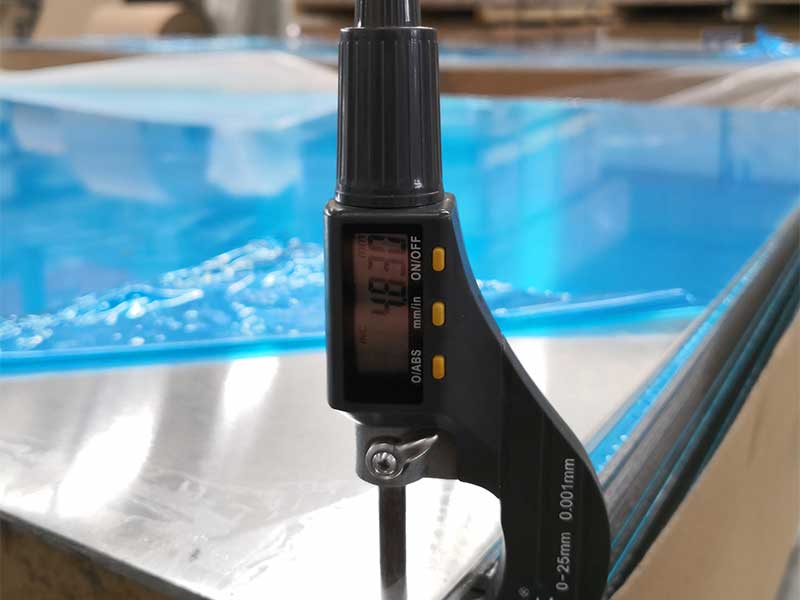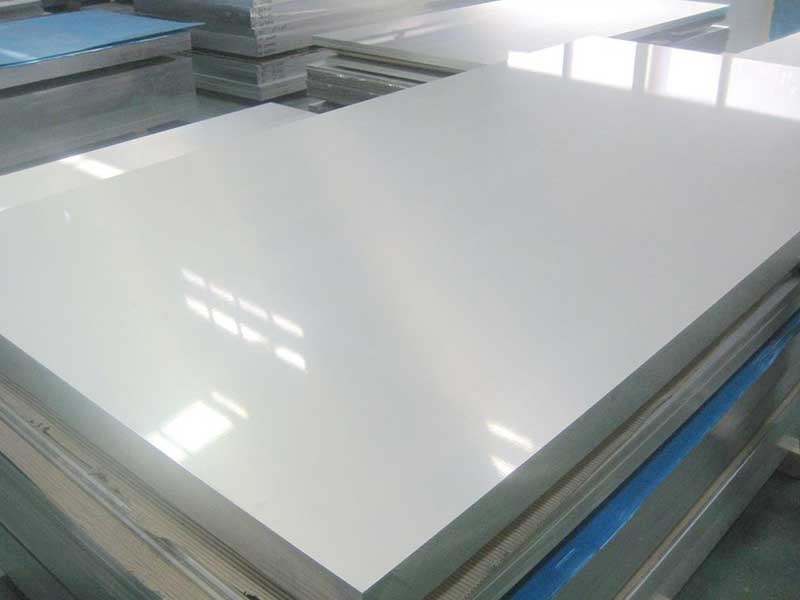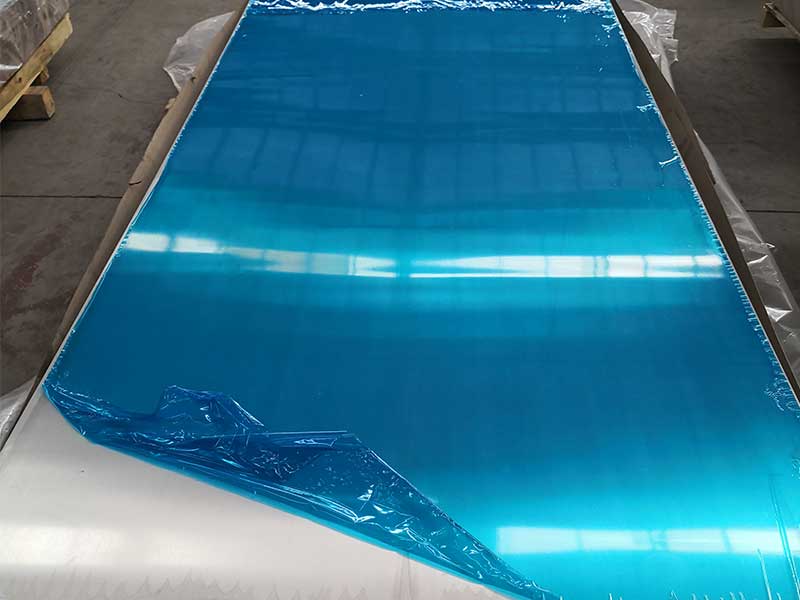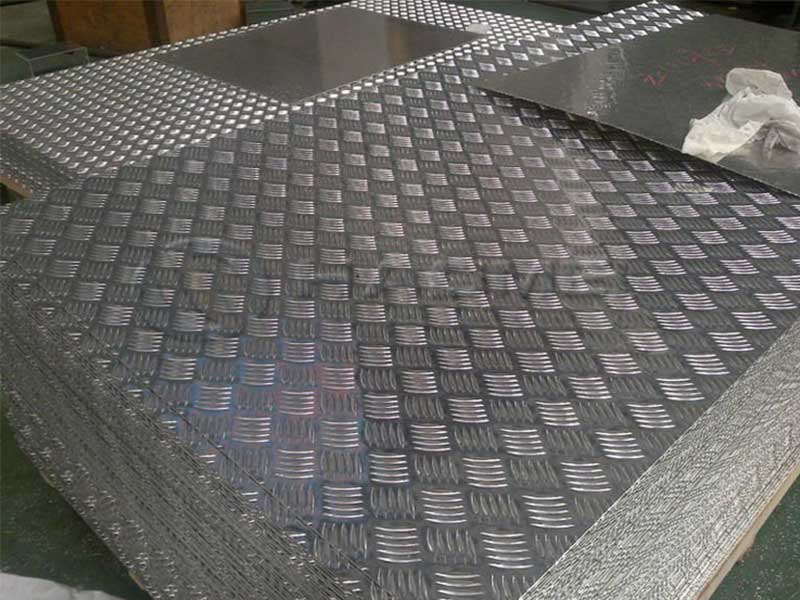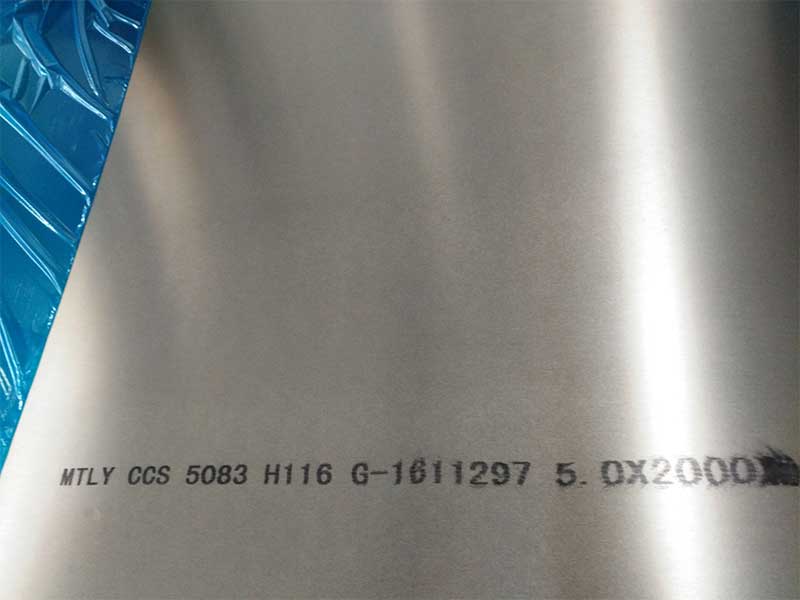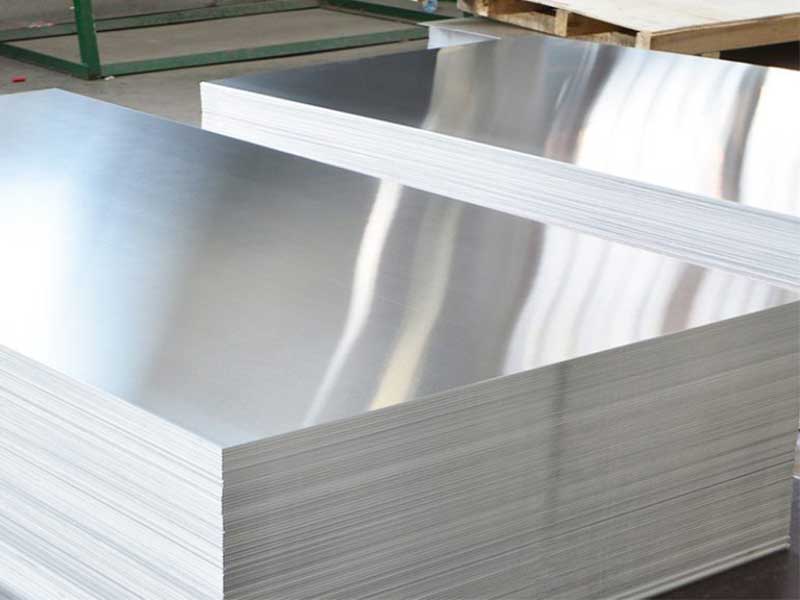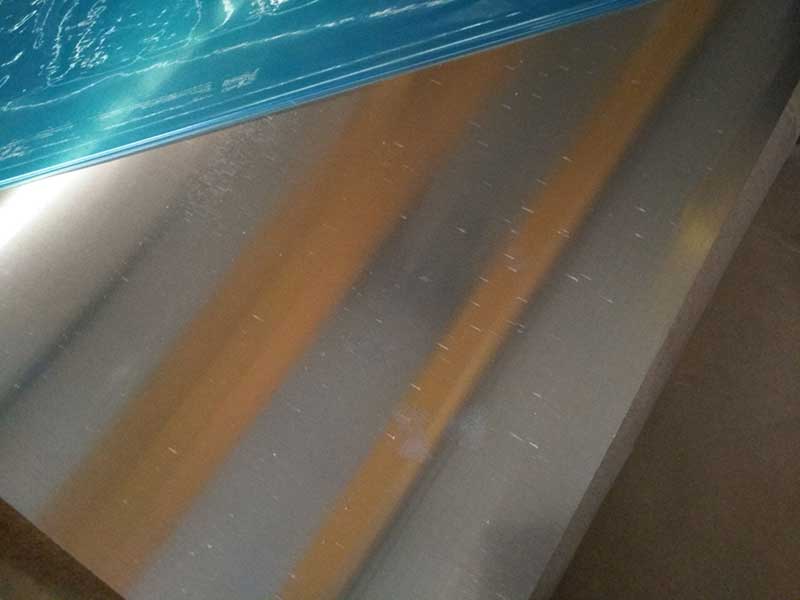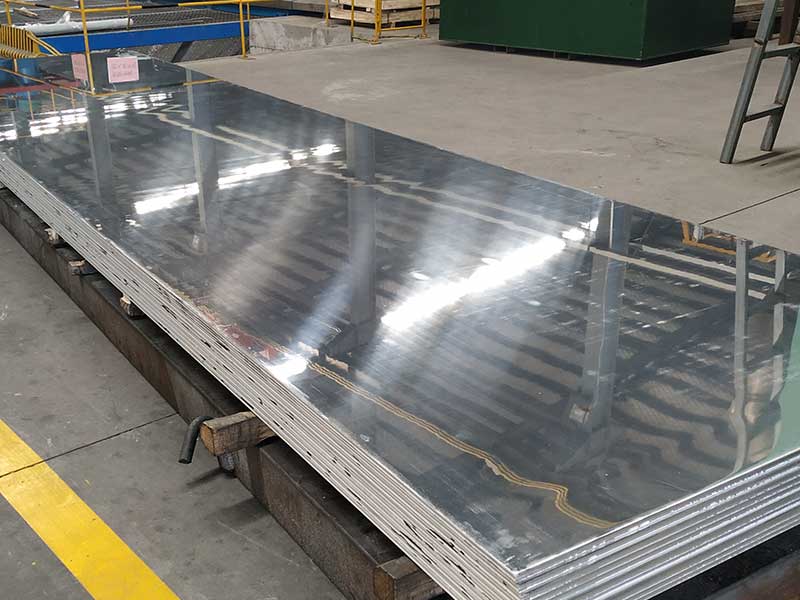2024-09-24 https://www.aluminum-coils.com/a/alloys-of-aluminum-sheet-for-fuel-tank.html
The Versatile Alloys of Aluminum Sheet for Fuel Tanks
Aluminum is a remarkable material widely utilized in various industries due to its lightweight, strength, and corrosion resistance. Particularly, aluminum sheets made from alloy materials have become the go-to solution for fuel tanks across automotive, aerospace, and other sectors. In this article, we will delve into the features and applications of these aluminum sheet alloys specifically developed for fuel tank manufacturing.
Understanding Aluminum Alloys
Aluminum alloys can be broadly categorized into two types: wrought and cast. Wrought alloys, which are processed through mechanical means, are the most common choice for aluminum sheet applications. They typically have a superior strength-to-weight ratio and can be easily formed into various shapes, making them ideal for fuel tank construction.
Common aluminum alloys for fuel tanks include the 3003, 5052, and 5754 series, each displaying unique characteristics that cater to specific operational needs.
-
3003 Aluminum Alloy: This alloy has excellent corrosion resistance and good workability, making it well-suited for low-pressure fuel tanks. Its lightweight nature and ease of fabrication make it a popular choice among manufacturers.
-
5052 Aluminum Alloy: Renowned for its high fatigue strength and good corrosion resistance, the 5052 alloy is often used in applications demanding durability. This alloy is particularly notable for its formability, enabling the design of fuel tanks with complex shapes without compromising structural integrity.
-
5754 Aluminum Alloy: Another great candidate for fuel tank applications, primarily in marine environments, is the 5754 alloy. Its exceptional corrosion resistance makes it perfect for fuel tanks that might expose the material to harsh conditions, maintaining structural soundness over time.
Features of Aluminum Sheets for Fuel Tanks
When considering aluminum alloys for fuel tanks, several critical features set them apart:
-
Lightweight: Aluminum sheets have a low density compared to traditional steel, resulting in a significant reduction in overall vehicle weight. This increase in fuel efficiency is an ever-important consideration in the automotive industry where weight savings can lead to improved performance and dpowertrain efficiency.
-
Corrosion Resistance: Aluminum naturally generates a protective oxide layer when exposed to air, making it highly resistant to corrosion. This quality is essential for fuel tanks, as prolonged exposure to gasoline or diesel can lead to premature failure in materials that don't offer the same resistance.
-
Thermal Conductivity: Aluminum sheets exhibit a high level of thermal conductivity, reducing the risk of heat build-up, which is crucial for managing the temperature of the fuel inside the tanks. This property helps in maintaining fuel stability and performance.
-
Formability: The premium formability of aluminum alloys enables manufacturers to create intricate fuel tank shapes and structures, which can be tailored to fit various applications and requirements.
Applications of Aluminum Sheet Alloys in Fuel Tanks
The applications of aluminum sheet alloys in fuel tanks can be seen predominantly in the following areas:
-
Automotive Industry: Aluminum fuel tanks are prevalent in cars and trucks due to their lightweight characteristics that enhance vehicle performance. Automakers like Ford and BMW have embraced aluminum for their fuel tank solutions, focusing on efficiency and practicality.
-
Aerospace Sector: The aerospace industry relies heavily on lightweight materials such as aluminum sheets for fuel tanks in both commercial and military aircraft. The reduced weight translates to lower fuel consumption and improved payload capabilities.
-
Marine Applications: The excellent corrosion resistance of aluminium alloys makes them ideal for marine fuel tanks that encounter saline environments. Marine fuel tanks made from aluminum help in extending the lifespan of the tanks while reducing maintenance costs.
-
Industrial Equipment: Various industrial machines and tanks utilize aluminum sheets for holding fuel. This application highlights aluminum’s versatility, ensuring industries can rely on robust and efficient fuel storage solutions.

